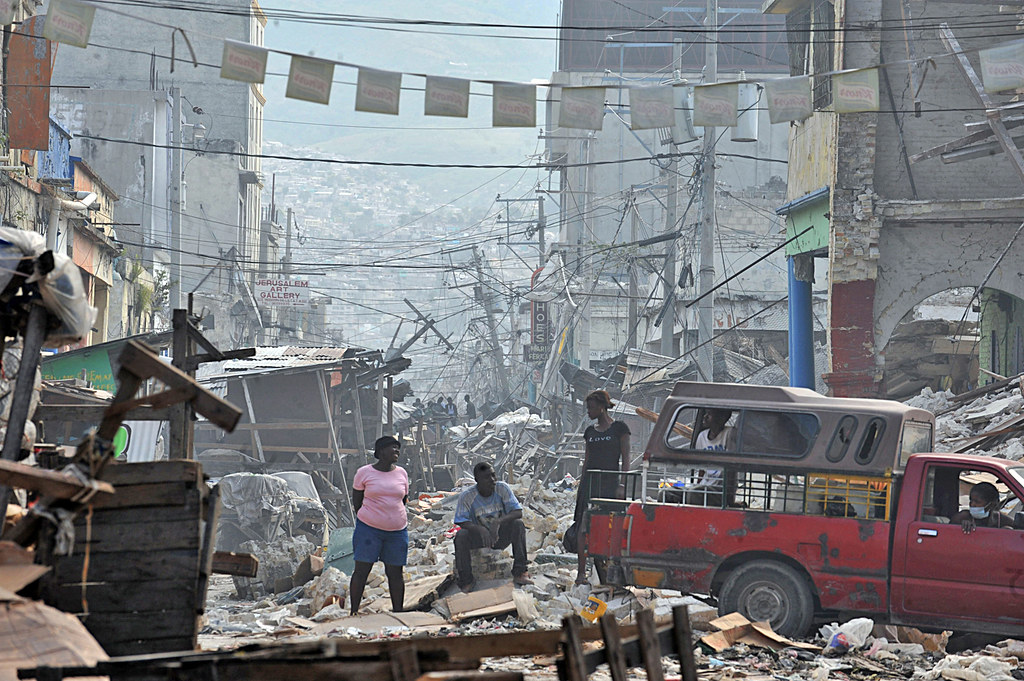The death toll from Haiti’s 7.2 magnitude earthquake has grown to over 2,200, with over 300 citizens still missing, according to Haiti’s Civil Protection Agency. The violent earthquake hit Haiti on Aug. 14, almost 11 years after the catastrophic quake that hit the country in 2010, which they are still recovering from.
“I found out through social media,” says Rodwine Pierre ‘22. She continues, “and people don’t realize that it hasn’t been that much time in between. I was in shock and really scared because my grandpa just retired in Haiti and I just prayed that he was okay. At least for my family and I, we did not have a lot of people affected by the earthquake and tropical storm.”
Haiti has been experiencing difficult times over the past year due to the coronavirus pandemic, ongoing rebuilding from the 2010 earthquake, and the recent assassination of Haiti’s president, Jovenel Moise. “I think Hati has been overwhelmed for a long time, so this wave of hardship is nothing different,” said Pierre.
Recovery efforts have not been easy due to Tropical Storm Grace drenching rain on the area while thousands of Haitians search for loved ones through crumbled buildings and rubble, and others search for a new shelter. “It made everything worse, and everyone was already trying their hardest to get people out of the ground, to get the proper count of lives lost,” says Pierre.
While relief aid has been pouring in, authorities are struggling with security at the various distribution points due to gang interference and crowds desperate for food, according to The New York Times.
Relief aid to Haiti has been questioned for years since the 2010 quake. An investigation in 2015, from NPR and ProPublica, examined where over $500 million raised by the organization American Red Cross was spent in Haiti. The conclusion of the investigation showed that the organization lied about the number of houses built during the earthquake recovery, and used segments of the money to cover operation costs and management fees.
Pierre explains, “When you go to Haiti, you instantly question where the money went to. When it happened, it was exciting seeing all of the money pour in to help. But the older I got, and more informed on the country I became, it was never clear what was built from that relief fund. I am not trying to discredit them and anything they may have done, but I am saying that it was not seen.”
The American Red Cross said in a recent statement that it is not accepting donations at the time for Haiti relief, but will work with some of its partners in aiding the country. “If you did actually try to help the first time, you wouldn’t hesitate to help again, says Pierre.
At this time, many are hopeful that the country will recover, due to the already smaller death tolls compared to the 2010 quake. “I do think the country will change, but it has to be a positive change,” Pierre concludes.



